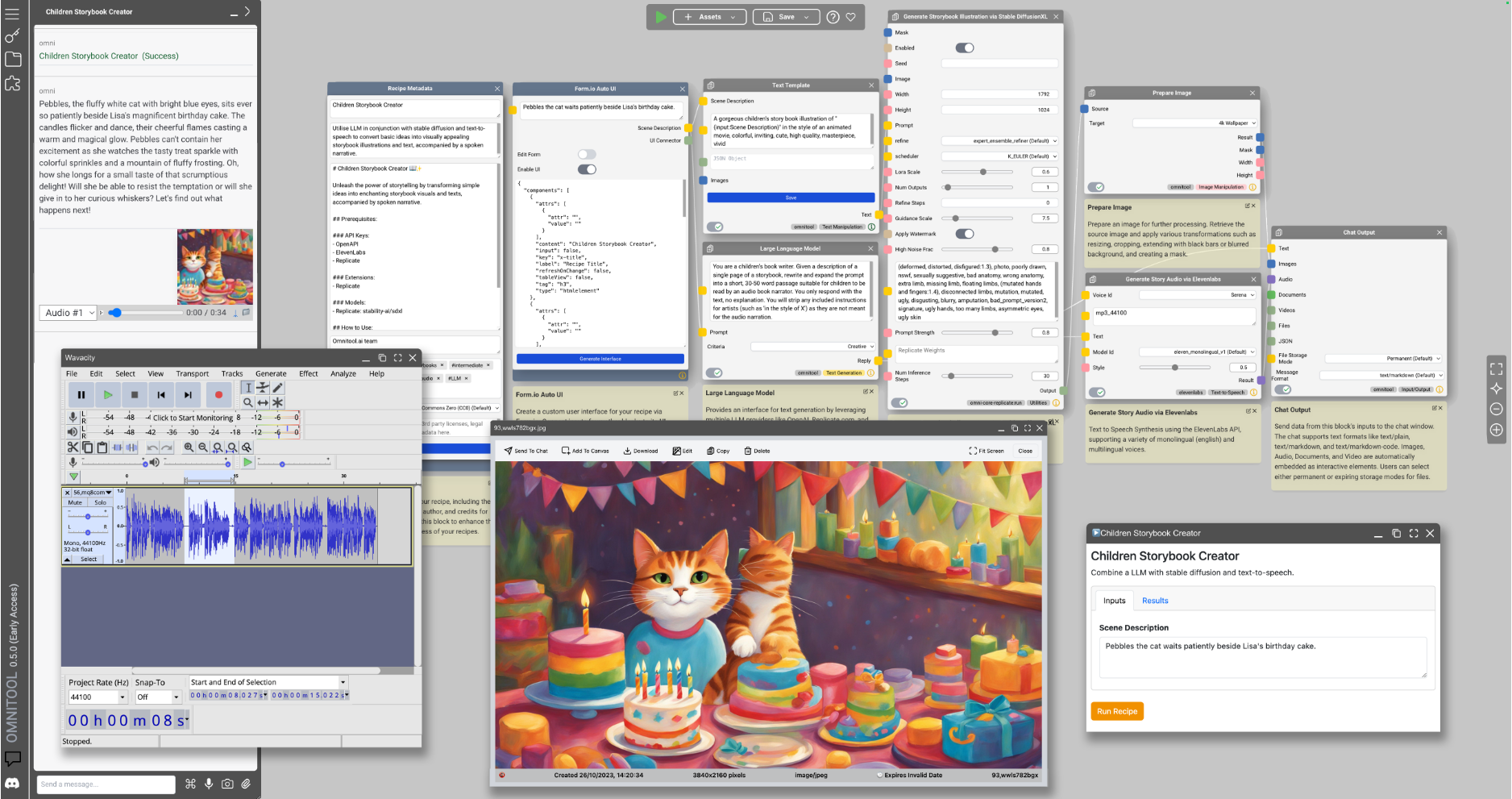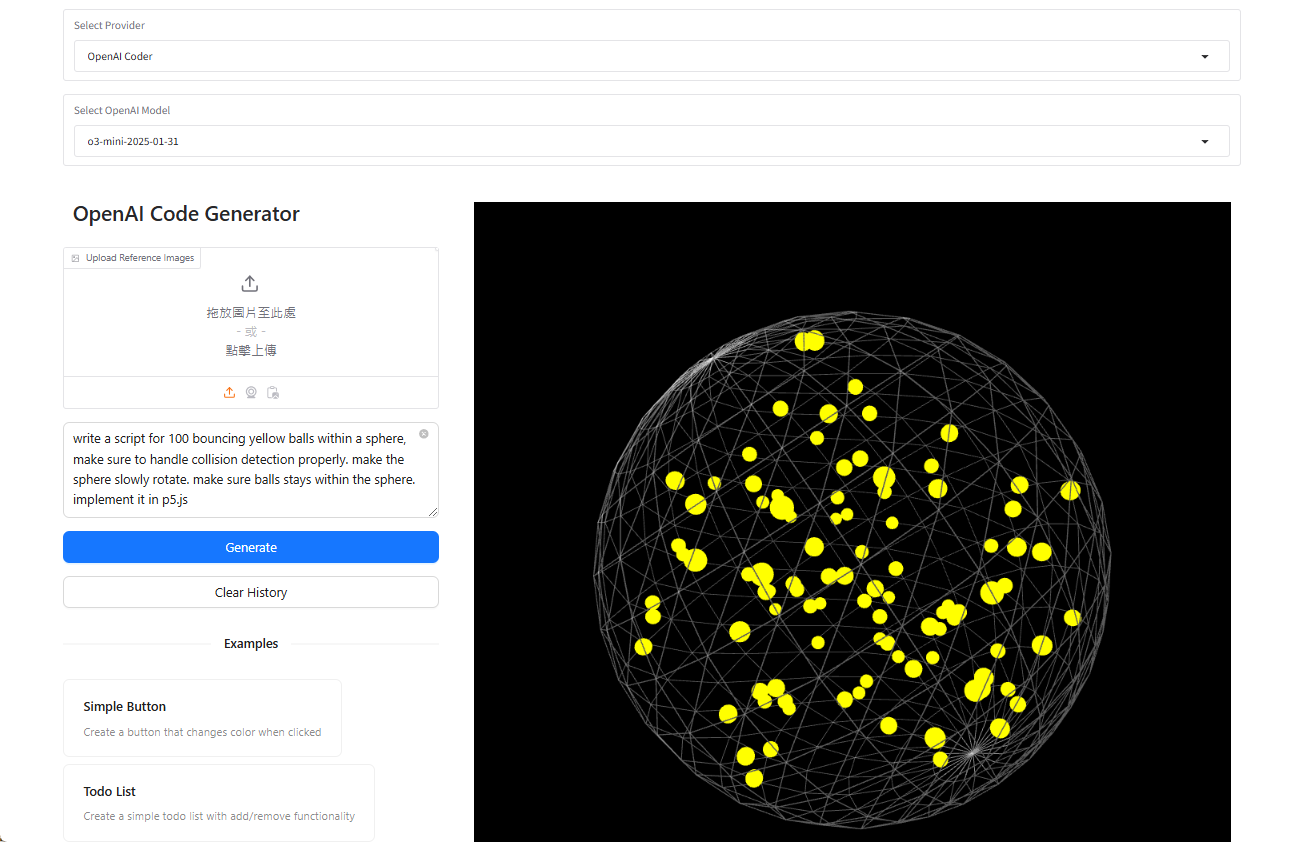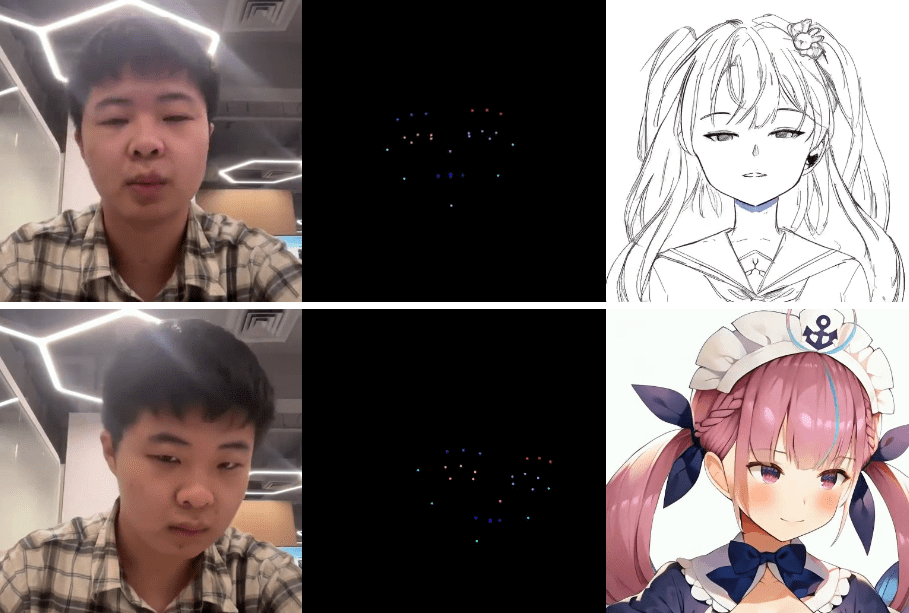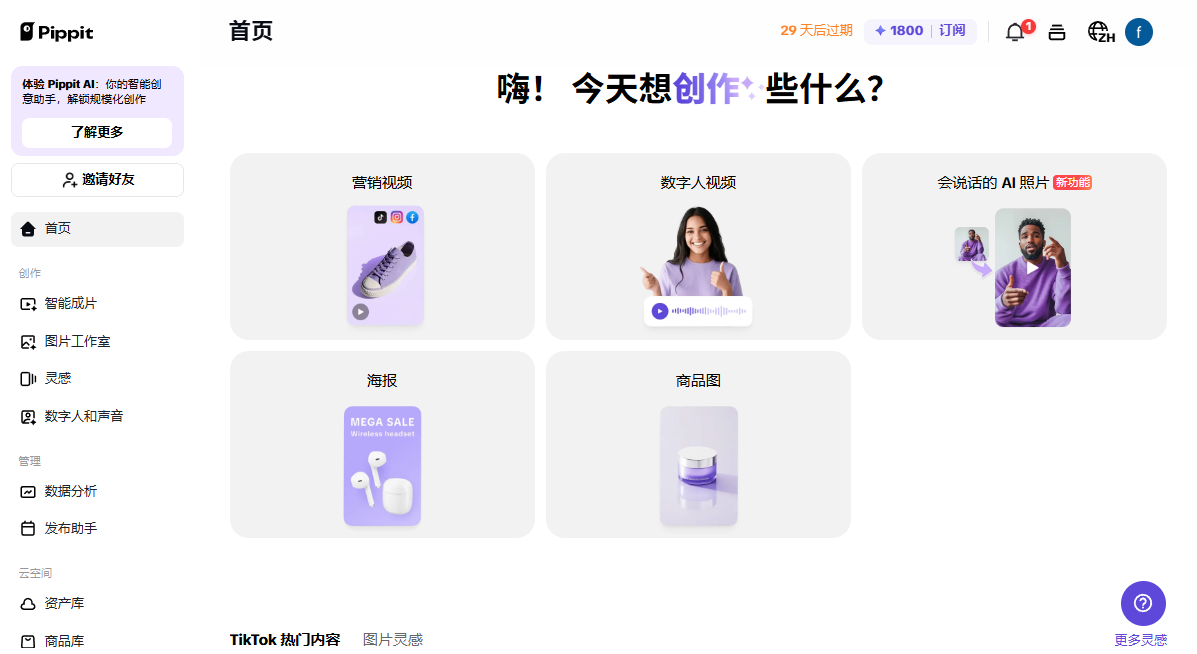Hoarder: open source AI bookmark management tools, support for multiple formats, intelligent labeling, full-text search
General Introduction
Hoarder is a self-hosted bookmark management tool that supports storage of links, notes, PDFs and images. It utilizes AI technology for automatic tagging and offers full-text search. Users can quickly add bookmarks via the Chrome plugin and Firefox plugin, and there is support for iOS and Android apps. Hoarder also features automatic content collection from RSS feeds, ensuring that users don't miss out on any important information.

Demo: https://hoarder.app/
Function List
- Manage links, notes and images
- Automatically get link titles, descriptions and images
- Categorize bookmarks into different lists
- Full-text search for all contents of the storage
- AI-based automatic labeling
- OCR function to extract text from images
- Chrome and Firefox plugins for quick bookmarking
- iOS and Android Apps
- Automatically collect content from RSS feeds
- Providing a REST API
- Full page archiving with monolith to prevent broken links
- Video auto-archiving with youtube-dl
- Support batch operation
- Support for Single Sign-On (SSO)
- Supports dark mode
- Priority for self-hosting
Using Help
Installation process
- Docker
- Docker Compose
1. Create a new directory
Create a new directory for the compose file and environment variables.
2. download compose file
Download the provided Docker Compose file:here areThe
wget https://raw.githubusercontent.com/hoarder-app/hoarder/main/docker/docker-compose.yml
3. Filling in environment variables
To configure the application, create a directory .env file and add the following basic environment variable files:
HOARDER_VERSION=release
NEXTAUTH_SECRET=super_random_string
MEILI_MASTER_KEY=another_random_string
NEXTAUTH_URL=http://localhost:3000
younecessarilyChange the random string. The random string can be changed using the openssl rand -base64 36 to generate random strings. Also, it is necessary to set the NEXTAUTH_URL variable to your server address.
utilization HOARDER_VERSION=release will pull the latest stable version. If you wish to control upgrades, you can fix the version (for example:HOARDER_VERSION=0.10.0). Check out the latest version:here areThe
Connections between persistent storage and different services are already handled in the Docker Compose file.
Note that each time you change the .env file, you will need to re-run the docker compose upThe
If more configuration parameters are required, please check the configuration fileThe
4. Configuring OpenAI
In order to enable auto-tagging, you need to configure OpenAI. this is optional, but highly recommended.
- on the basis of OpenAI Help Get the API key.
- Add the OpenAI API key to the
.envDocumentation:
OPENAI_API_KEY=<key>
If you want to use the Ollama Performs local reasoning and can replace OpenAI.
5. Activation of services
Run the following command to start the service:
docker compose up -d
Then visit http://localhost:3000You will see the login page.
[Optional] 6. Enable Optional Functions
ferret out configuration file to enable additional features such as full-page archiving, full-page screenshots, inference languages, and more.
[Optional] 7. Setting up Quick Share Extension
interviews Quick Share Page, install mobile apps and browser extensions. These tools will help you gather resources faster!
update
The way the hoarder is updated depends on the HOARDER_VERSION Environment variable settings.
- If you fixed the app to a specific version, update the version number and re-run the
docker compose up -dThis will pull the new version. This will pull the new version. - If you use the
HOARDER_VERSION=releaseTo force Docker to pull the latest version, run the following command:docker compose up --pull always -dThe
Usage Functions
Manage links, notes and images
- Users can quickly add bookmarks through the Chrome and Firefox plug-ins, or directly in the iOS and Android apps.
- In the web interface, users can view, edit and delete saved links, notes and images.
Automatically get link titles, descriptions and images
- Hoarder automatically grabs the title, description, and relevant images of the link, making it easy for users to quickly understand the content.
Categorize bookmarks into different lists
- Users can create different lists to categorize and store bookmarks for easy management and finding.
Full-text search for all contents of the storage
- Hoarder offers a powerful full-text search feature that allows users to quickly find what they need by keyword.
AI-based automatic labeling
- Hoarder uses AI technology to automatically tag stored content to help users better organize and manage bookmarks.
OCR function to extract text from images
- Users can upload images and Hoarder will automatically extract the text content in the images for easy searching and management.
Automatically collect content from RSS feeds
- Users can subscribe to RSS feeds, and Hoarder automatically collects and stores the latest content to ensure that users don't miss any important information.
Providing a REST API
- Hoarder provides a REST API that developers can use for secondary development and integration as needed.
Full-page archiving of web pages with monolith
- Hoarder uses the monolith tool to archive full pages, preventing link failures and ensuring that content is available over time.
Video auto-archiving with youtube-dl
- Users can automatically archive video content with Hoarder to ensure that video resources are not lost.
Support batch operation
- Hoarder supports batch adding, editing and deleting bookmarks to improve the efficiency of users' operation.
Support for Single Sign-On (SSO)
- Hoarder supports single sign-on, so users can easily log in with their existing accounts.
Supports dark mode
- Users can switch the dark mode according to their preference to enhance the experience.
© Copyright notes
Article copyright AI Sharing Circle All, please do not reproduce without permission.
Related posts

No comments...





